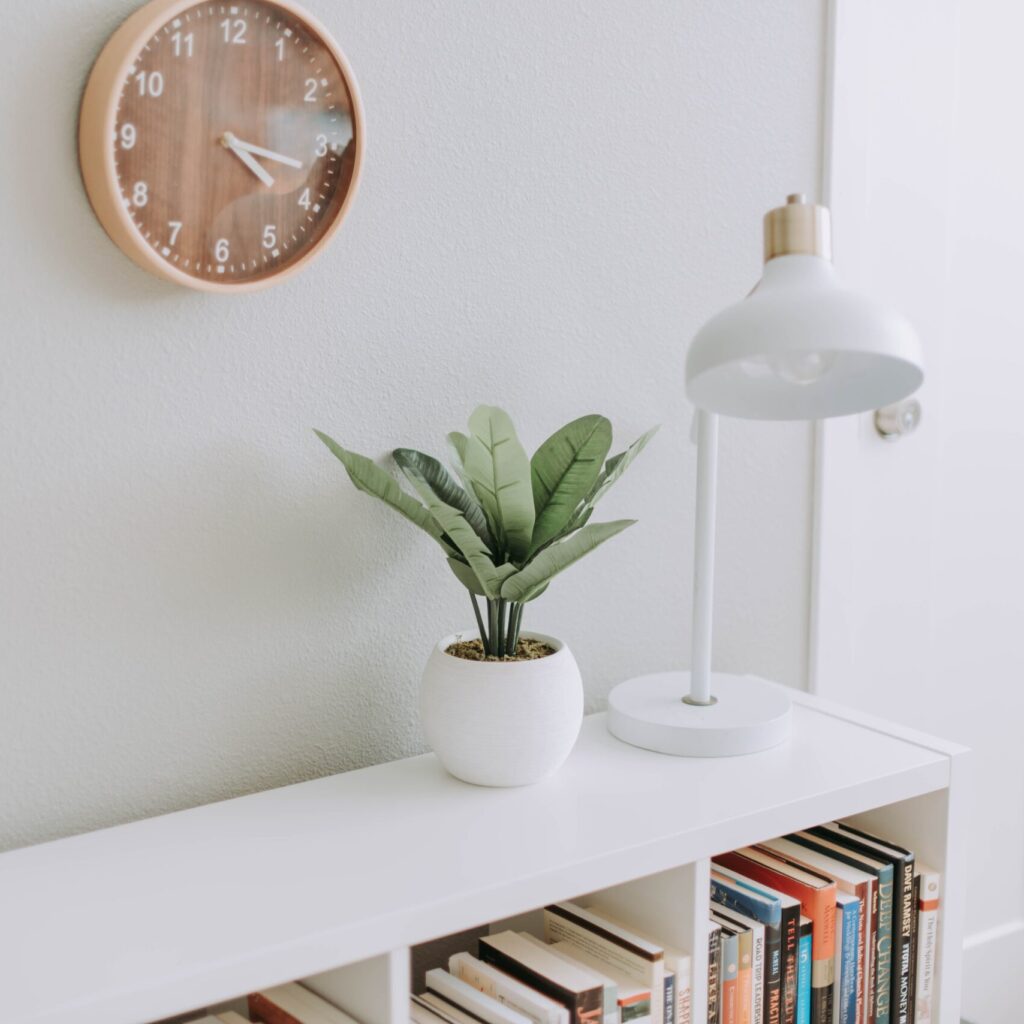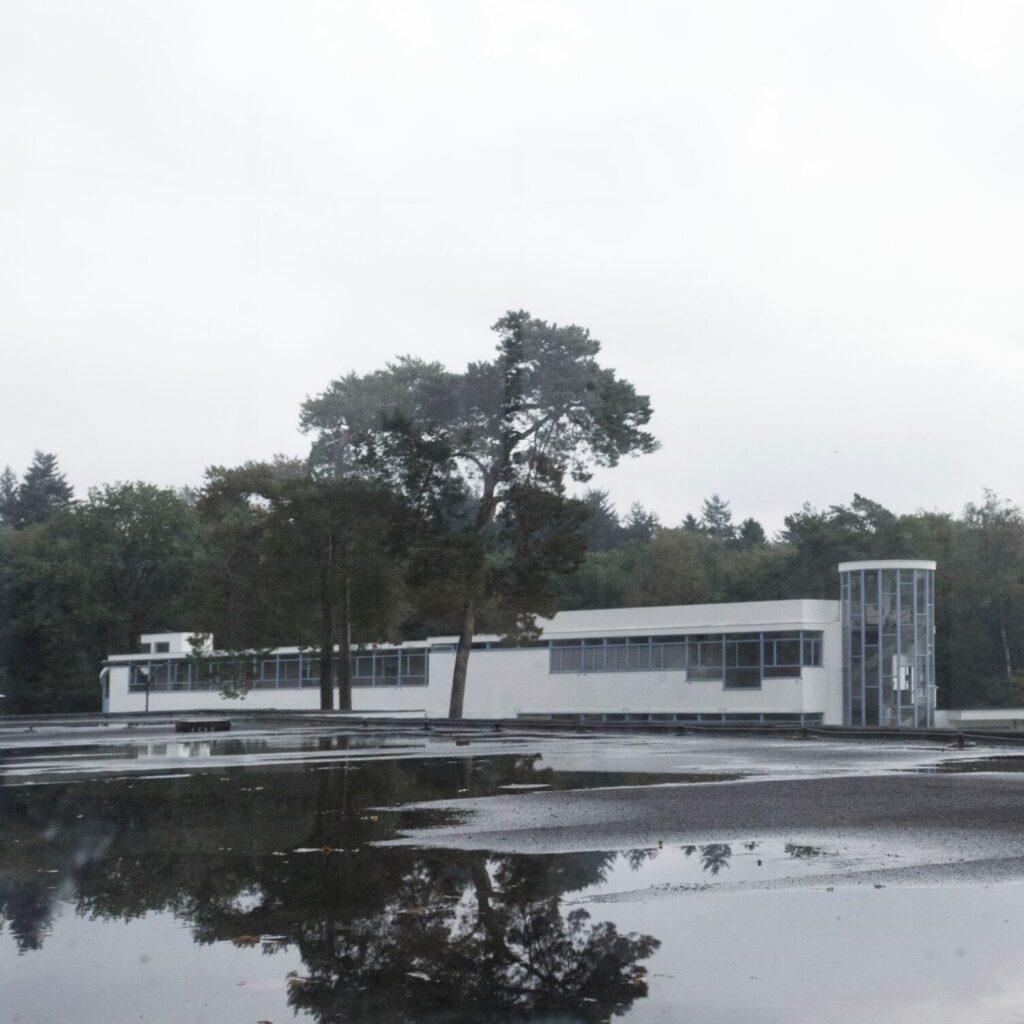Daylight and health
For all of our planetʼs history, there has been night and day, driving the rhythms of life across days and seasons… until the invention of the light bulb. Now we have light whenever we want and run the risk of becoming increasingly disconnected from natural rhythms. By disrupting the body clock, the lack of daylight can affect the quality of our sleep, our mood and our productivity. It can also lead to a lack of vitamin D and a weakened immune system, and cause or exacerbate certain diseases such as myopia, depression and diabetes. Fortunately, this also means that daylight can help prevent and even treat these disorders in many cases.
Interested in contributing to this section? Please contact us at office@daylight.academy.

20 May 2020
Towards disease-averting built environments
Introduction The COVID-19 pandemic continues to ravage societies with deep, often tragic, psychological, social and economic consequences. Across the world, extensive precautionary social distancing measures have repurposed how many buildings are, or will be, used as well as how many cities now operate. These changes have been rapid, diverse, sometimes extreme but often trivial, surprising and unexpected. Immediate vicissitudes range from working and educating from home, the reduced occupancy of...
14 May 2020
Daylight in traditional societies: lessons for today’s health crisis
We are excited to embark on a long-term study of the importance that daylight holds for indigenous cultures in the Pacific Island nations of Vanuatu and Fiji. We will also seek a greater understanding of the impact of daylight on the quality and cadence of life for these islanders. Our initial impressions suggest there are several lessons that our society could learn from our neighbors in the Pacific while we face the COVID-19 crisis. One is the importance of shifting back to natural rhythms as ...
6 May 2020
Light, clock and Covid19
Since more than one month most of us sit at home in the ‘home-office’ due to the Corona pandemic. To work from home sounded like a dream a few years ago and today it is reality with all its advantages and disadvantages. Obviously, staying at home reduces the spread of the virus, but after a few days we become aware of the many restrictions that come along with this. Little contact to people outside the family, less spontaneous decisions to visit a museum or a concert and less sports outside ...
29 April 2020
The Pre-antibiotic Age – forgotten knowledge coming back in to light…
British pioneering scientists Downes and Blunt demonstrated how sunlight could kill and inhibit the development of the – at this time in 1877 – newly discovered bacteria. By placing bacteria in different environments, respectively in direct sunlight, indirect sunlight and darkness. Downes and Blunt observed, through new and improved microscopes, how the bacteria only thrived, deprived of the direct and energetic, ultraviolet light. Like in today´s clinical trials, they worked with ...
29 April 2020